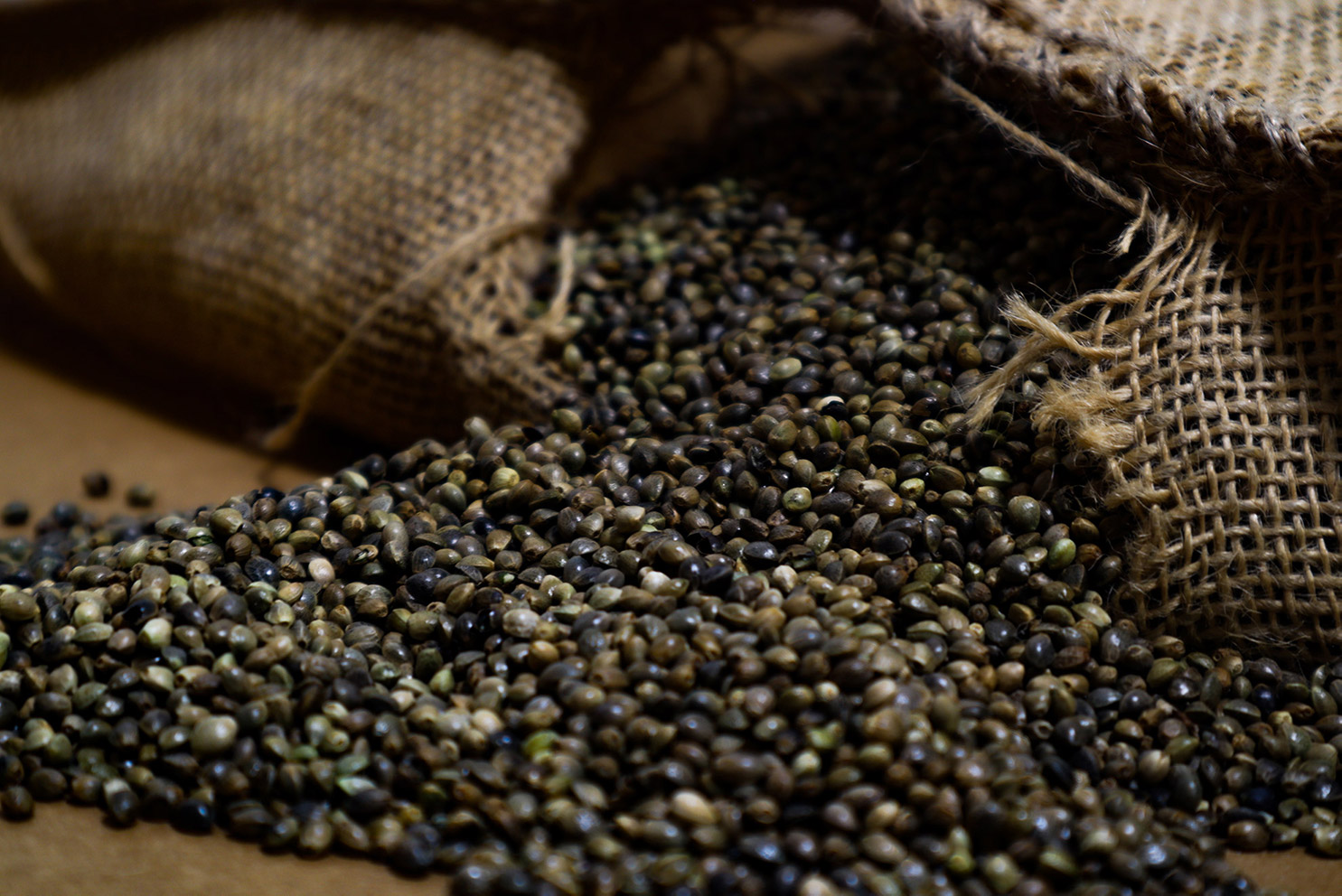In the realm of sustainable agriculture, an unexpected player has emerged, bringing with it a myriad of possibilities and opportunities—the humble cannabis seed. Often connected with leisure and medicinal use, hashish seeds are now attaining interest for their opportunity function in selling sustainability in agriculture. In this posting, we are going to take a look at how cannabis seeds can add to sustainable farming procedures, from soil health and fitness to resource performance.
Nutrient-Wealthy Soil Modification:
Hashish crops are known for their capacity to thrive in a selection of soil circumstances. Their deep root units enrich soil construction and promote aeration, which can be notably useful for crops that comply with in their footsteps. Furthermore, hashish vegetation are economical nutrient accumulators, absorbing excess nutrition from the soil. When these plants are harvested, the nutrient-prosperous leaves and stems can be returned to the soil as organic make a difference, enriching it by natural means and lowering the want for synthetic fertilizers.
Biodiversity and Companion Planting:
In sustainable agriculture, maintaining biodiversity is essential for ecosystem harmony. Hashish vegetation can perform a job in this by serving as companion crops. Their one of a kind compounds, these as terpenes, can act as pure pest deterrents, defending neighboring crops from harmful bugs. Integrating hashish into a numerous planting plan can lead to a more resilient and self-sustaining ecosystem, decreasing the reliance on chemical pesticides.
Carbon Sequestration:
As the earth grapples with the issues of weather change, the relevance of carbon sequestration in agriculture simply cannot be overstated. Cannabis plants are renowned for their immediate development and significant carbon uptake all through photosynthesis. By incorporating hashish into crop rotations, farmers can add to carbon sequestration, mitigating the impacts of greenhouse gas emissions. This tactic aligns with sustainable farming tactics aimed at building healthier, carbon-prosperous soils.
H2o Performance:
Drinking water scarcity is a pressing problem in agriculture, prompting the need for drinking water-successful crops. Hashish crops show a extraordinary ability to thrive in various climates with various drinking water availability. Their deep roots allow them to obtain h2o from further soil layers, decreasing opposition with shallower-rooted crops. By strategically integrating hashish into farming methods, particularly in areas dealing with h2o problems, farmers can optimize water use and promote sustainable water management tactics.
Regenerative Farming Procedures:
Regenerative agriculture focuses on restoring and boosting the health and fitness of the soil ecosystem. Cannabis, with its functional and resilient character, can be a key player in regenerative farming. The cultivation of hashish applying regenerative techniques, this kind of as minimal tillage and cover cropping, can enable prevent soil erosion, increase drinking water retention, and greatly enhance all round soil fertility. This holistic tactic to farming aligns with the ideas of sustainability, ensuring the long-term wellbeing and efficiency of the land.
In the evolving landscape of sustainable agriculture, hashish seeds are rising as a important resource for farmers looking for innovative and eco-pleasant options. From soil well being to water effectiveness, the diverse characteristics of hashish crops present a multifaceted technique to addressing the worries confronted by modern day agriculture. As we keep on to discover the likely of cannabis seeds in sustainable farming practices, it results in being obvious that this unassuming seed may well maintain the key to a greener, much more resilient upcoming for our planet’s meals manufacturing.

